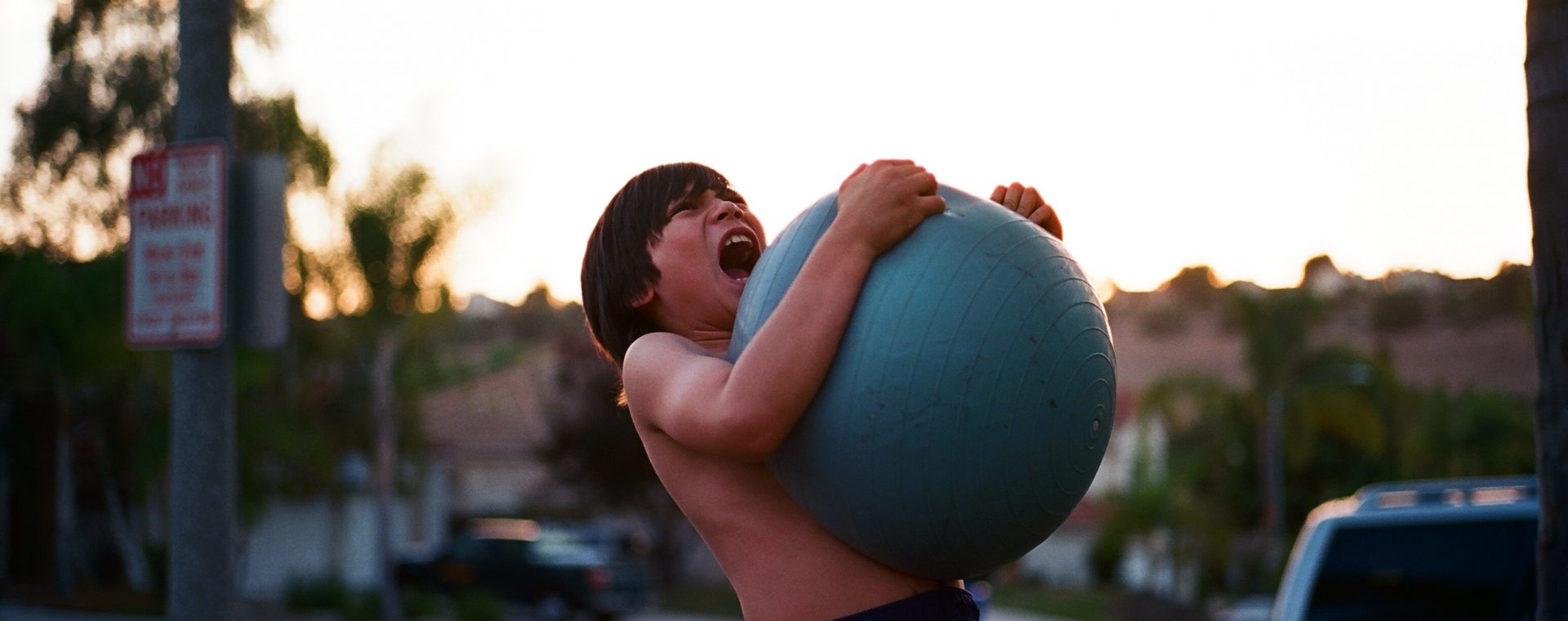
We tend to believe that teachers are responsible for children’s learning with strong support from parents. Teachers and parents are essential, but since Bronfenbrenner introduced the Ecological Systems Theory to explain how the inherent qualities of children and their environments interact to influence how they grow and develop, we have known that children’s development and learning is not isolated to the responsibility of only one institution or setting.
A recent report from WISE illustrated this point, by emphasizing how education settings and providers working as a Learning Ecosystem, can be more connected and interdependent to empower learners of all ages to seek greater opportunities.
Covid-19 has shifted the balance of the learning ecosystems, with teachers required to shift their teaching styles, parents being more involved in children’s learning, as well as a significant change in how time is spent in schools and with technologies.
As part of this discussion, we should ask ourselves how communities can empower children to drive their own development and learning by supporting a wider range of stimulating and playful experiences, where a diverse set of communities of providers work together in an ‘ecosystemic approach’.
We already know that the broader skills children need in the future, are not only developed in school, but defined by real-life practical experiences, to support skills like creativity, critical thinking, emotional regulation and collaboration. These skills are not in opposition to knowledge and in-depth understanding of topics and concepts, but are actually grown and developed as an integrated approach with Learning through Play.
Our past research on research and innovation networks, describe how critical play is in leveraging multiple stakeholders in more self-organized eco-systems. Here are five key principles with examples of how communities can utilize ecosystems to empower children’s learning through play:
1. Cities and governments having a strong compelling vision, mission and goals
In November, the Real Play Coalition announced the winners of a challenge to create urban environments and city-wide strategies, which inspire more cities and place-makers to take action on child-friendly and playful urban practices. The selection of winners indicates that a strong unifying vision with the principles of an Urban Play Framework drives greater synergies and scaling opportunities across stakeholders.
2. Define the goals together with the community.
Over the past decade, the Capital of Children in Denmark, has emerged as a community, where municipality, local business’ and institutions have defined shared goals for how to support children’s learning through play, and grow up as creative world citizens. The community now includes a range of new urban spaces, innovative institutions, and recently the city became the first Danish UNICEF child-friendly city.
3. Implement practical solutions with local stakeholders
Based on the characteristics of how children learn through play, the Playful Learning Landscapes has piloted and evaluated a range of community spaces, which together support children’s knowledge and critical skills. Recently the new PlayBook was announced, to inform decision-makers on how they can engage stakeholders in integrating these solutions with local communities.
4. Design the environments with children at the center of the process
If one can empathize with the user, and try to experience the environment from the eye height of a child, one would be able to scale the most cost-effective solutions. Keeping children engaged in the process and enabling their perspectives and approaches will create communities with stronger ownership and human scale interactions with a city at eye level.
5. Incorporate blended learning across school, home and community
Recent research indicate that both children and teachers can benefit from learning through in school, if there is a more flexible use of time and space with more active forms of learning, outdoor, real-life experiences and project-based learning. This is likely not surprising given past research, which has illustrated that children’s time spent outside of formal schooling with less structured activities predicts their ability to regulate their cognitive processes and actions. New innovations during covid-19 may even enable a different role for schools in the light of blended learning with technologies.
The creativity and lifelong learning expected from our future generations cannot be achieved by isolated institutions trying to only solve for part of an educational system. Research clearly supports a more blended and coordinated effort through a learning ecosystem, where a community of different providers make resources available to strengthen children’s learning through play.


